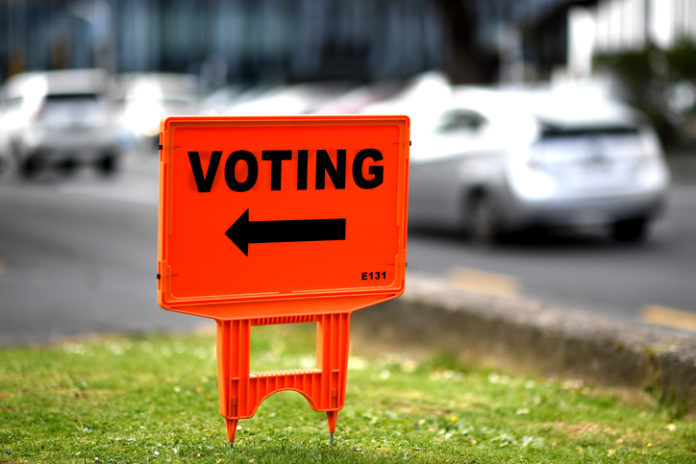Improvements to the processes of electing councils at 2025 local government elections have been introduced to Parliament.
Local Government Minister, Nanaia Mahuta said the legislation covered decisions about Māori wards, councillors numbers at Auckland Council, more consistent rules for ‘coin toss’ election ties, and electronic nomination filing.
“The overall objective for the changes is to improve the processes for individuals and communities to participate and be represented in local elections,” said Minister Mahuta.
“The Local Government Electoral Legislation Bill brings together a range of diverse issues for improvements as an omnibus piece of legislation. It picks up recommendations that followed inquiries into the local elections in 2016 and 2019.”
The Minister said Councils have been able to create Māori wards to improve Māori representation for 20 years, but the option was underutilised until Parliament removed the barrier of the binding poll provision last year. This legislation is the second stage of improvements.
“Under the proposed changes, when councils undertake their regular Representation Review every six years, the first step must be a decision about whether to establish Māori wards or constituencies. Currently there is no obligation to consider Māori wards at all,” said Ms Mahuta.
“There is no requirement in the bill that councils should have Māori wards. However in order to do what is right for their communities the issue should at least be discussed at the council table, rather than councils avoiding the topic altogether.”
Thirty-five councils will have Māori wards or constituencies in the 2022 elections: 29 territorial councils and six regional councils. The councillors are elected by voters on the Māori roll.
Other changes remove the cap of 20 elected representatives at Auckland Council, to reflect the city’s growing population and allow for potential Māori wards, the Minister said.
“The limit of 20 is inconsistent with other councils, who can have between five and 29 councillors.”
“The Bill also makes it easier for Auckland Council and other unitary authorities to change the boundaries of local boards without necessarily having to go through the full reorganisation process which can take several years.”
She said the legislation clarifies processes around judicial recounts after three disputed results at the 2019 elections, in Whakatane, Wellington, and Queenstown Lakes councils.
“The changes require a mandatory judicial recount, paid for by the Council, when election results are tied. Candidates who are still tied after the recount may choose a tie-break option like a coin-toss. A candidate can also choose to withdraw at this point to avoid their fate being determined by coin toss. Affected councillors cannot be sworn in before the recount.”
“The bill also modernises processes around nominations, so that electoral officers can specify forms for submitting nominations, including electronically.
“The bill has been widely consulted on with the local government sector and will shortly open for public submissions. It is anticipated it will pass into law by early 2023 to give councils time to prepare for the new processes before the 2025 elections,” said Ms Mahuta.



